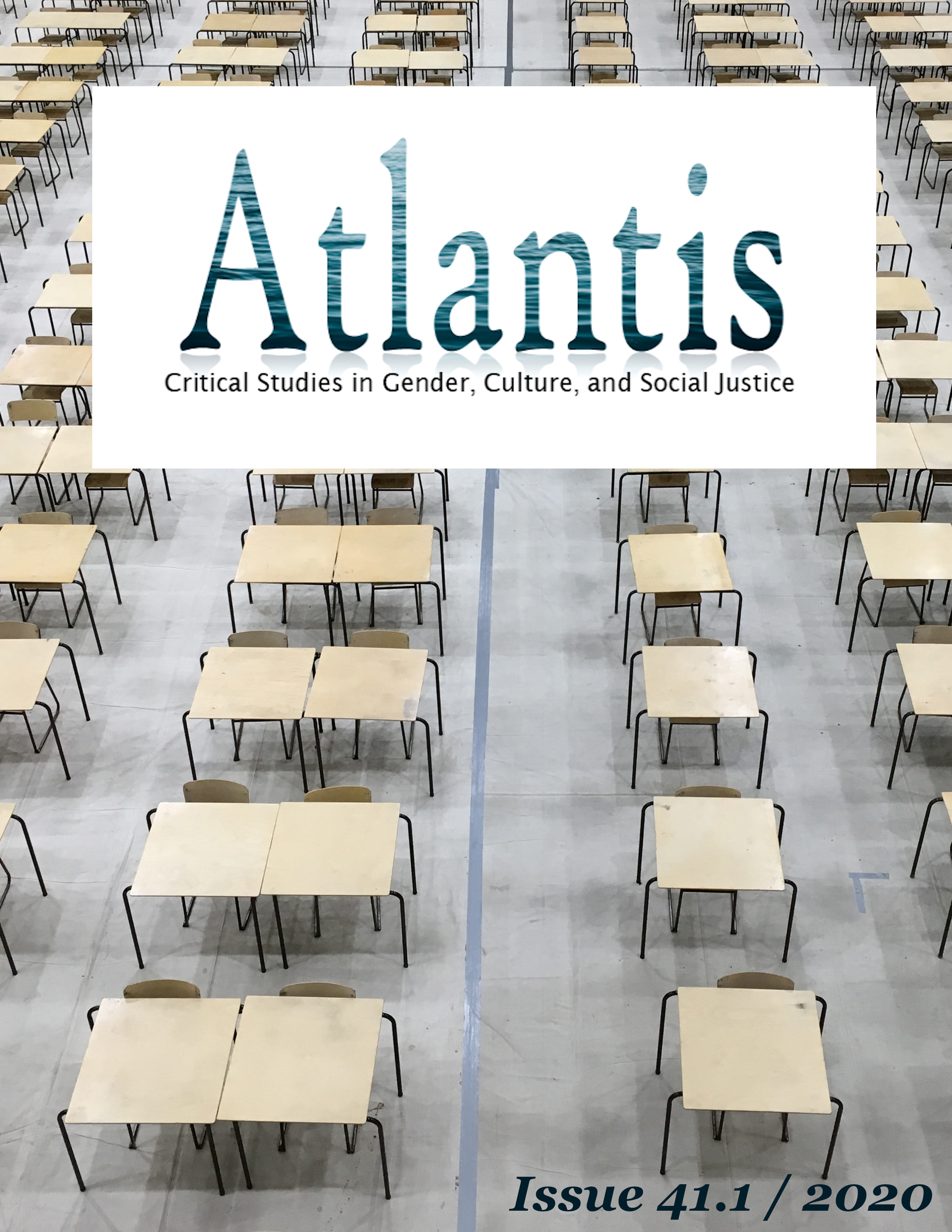Speaking Freely and Freedom of Speech: Why is Black Feminist Thought Left Out of Ontario University Sexual Violence Policies?
Keywords:
campus sexual violence, critical discourse analysis, intersectionality, neoliberalism, sexual violence policyAbstract
As of January 1, 2017, the Province of Ontario has required all post-secondary institutions to create and maintain a stand-alone sexual assault policy that includes clearly stated complaint and response procedures. This paper brings to bear the influence of Black feminist thought as an analytic tool and politic on the outcomes and omissions of the development of these policies. Analyzing the stand-alone sexual violence policy of the University of Ottawa as a case study, the author conducted a critical discourse analysis with an intersectional lens to determine if intersectionality influenced the policy creation. Findings reveal that policymakers conceptualize gender in a one-dimensional manner, without attention to intersections of sexualized violence with racism and other systems of oppression. A policy with an ill-defined focus on gender can result in a colorblind policy that suggests that the institution should treat all students the same, regardless of systemic disadvantages they might face on the basis of race, class, gender, sexual orientation, or ability. This avoidance can create barriers to reporting. Neoliberalism and the changing university culture are discussed.
Metrics
Downloads
Published
Issue
Section
License
Authors who publish with this journal agree to the following terms:
1. Authors retain copyright and grant the journal right of first publication, with the work simultaneously licensed under a Creative Commons Attribution 4.0 International License that allows others to share the work with an acknowledgement of the work's authorship and initial publication in this journal.
2. Authors are aware that articles published in Atlantis are indexed and made available through various scholarly and professional search tools, including but not limited to Erudit.
3. Authors are able to enter into separate, additional contractual arrangements for the non-exclusive distribution of the journal's published version of the work (e.g., post it to an institutional repository or publish it in a book), with an acknowledgement of its initial publication in this journal.
4. Authors are permitted and encouraged to preprint their work, that is, post their work online (e.g., in institutional repositories or on their website) prior to and during the submission process. This can lead to productive exchanges, as well as earlier and greater citation of published work. Read more on preprints here.






